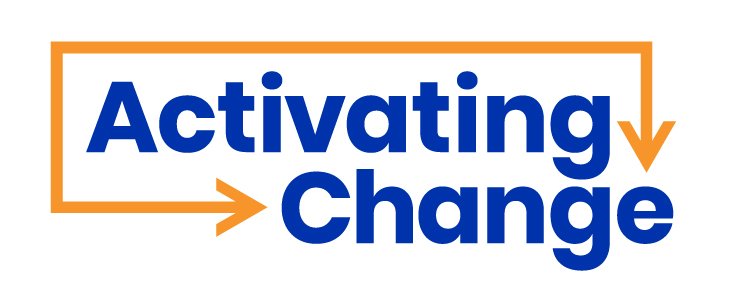
Left Behind: The Case for Better Identification and Response to Trafficked Survivors with Disabilities
People with disabilities face one of the highest risks of trafficking—but they’re among the least likely to be identified or protected. This report exposes the gaps and outlines critical changes needed in law enforcement practices, policy, and survivor support.
Why this matters:
49 out of 50 states don’t recognize trafficking for disability benefits as a crime.
Common signs of trafficking are often misread—or missed entirely—when survivors have disabilities.
Survivors are forced to navigate inaccessible systems, often retraumatized by the very people meant to protect them.

